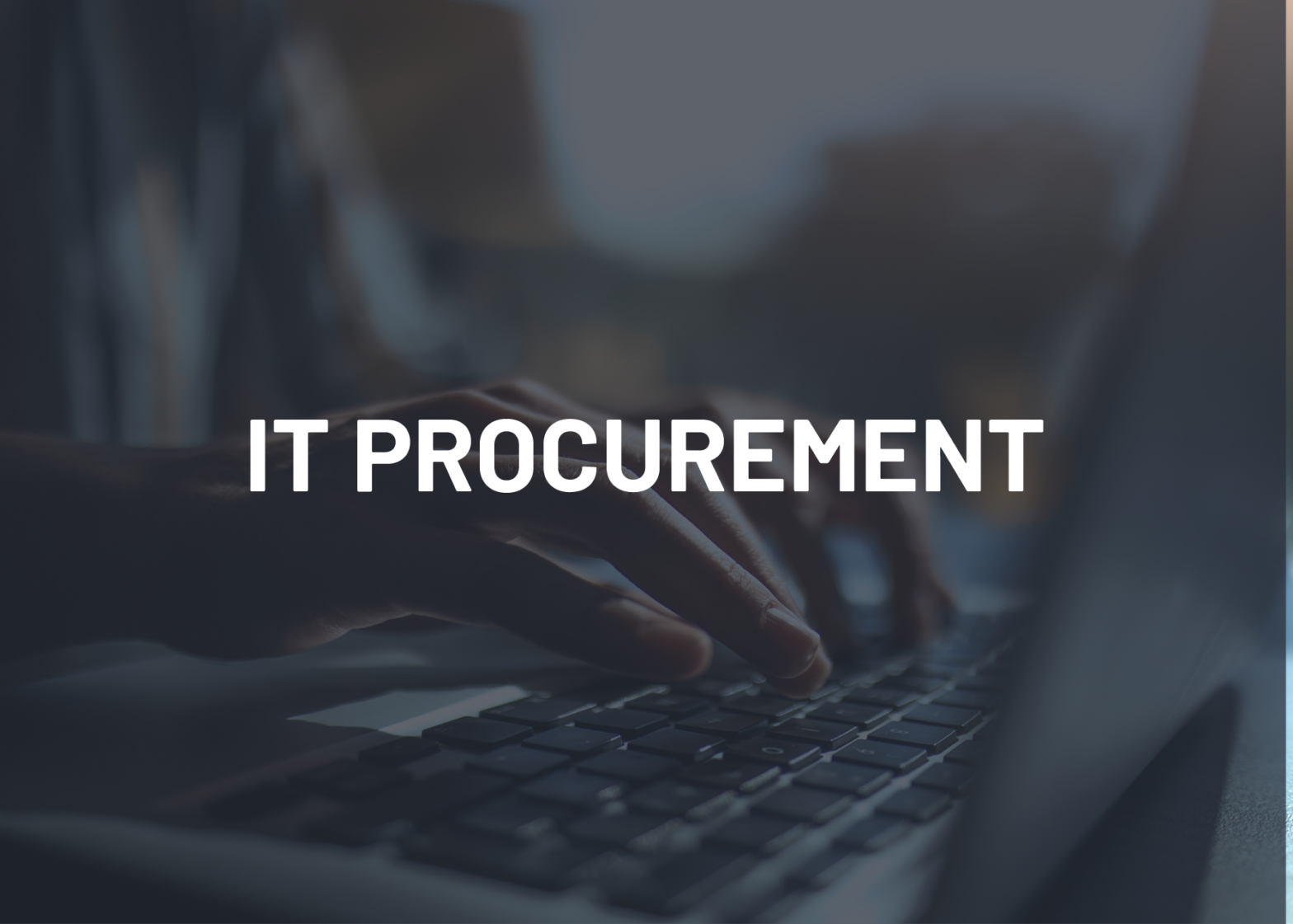Want your procurement staff to be ready for the next big thing? There is undeniable value in a staff that is savvy with current technology, but how do you prepare your staff to be ready to keep up with the digital trend that’s here to stay? In many cases, trends come and go, but sometimes they are the forces that drive innovation and success for businesses worldwide. Organizations of all sizes who embrace changing times are better able to develop strategies to manage change in a way that positions themselves for the future. Digitalization is achieved through the use of technology to strengthen existing processes and practices. It can also be looked at as the thread that is woven through multiple silos of information as means to integrate people, processes, and data throughout an organization. Outside of cost savings, there is value in digital efficiency, especially since procurement plays a vital role in shaping strategic models that support the execution of a multitude of contractual goods and services.
According to the 2017 Deloitte Chief Procurement Officer (CPO) Survey, which includes data gathered from both the public and private sectors, 75% of CPOs believe that procurement’s role in delivering digital strategy will increase in the future and that technology will impact all procurement processes to some degree. However, 60% of CPO’s do not believe their teams have the skills to deliver their procurement strategy. Despite the clear need for it, investment in on-going training and employee development remains low. This implies that there is a critical need for a talent centric, digitally integrated procurement staff. Whether a team is considered ‘low-performing’ or ‘high-performing’ are starting to become more and more contingent on their digital capabilities. The future of procurement, as it relates to digitalization will be only as good as the procurement staff
We are all well-aware of the power that a digital future holds, but what does that mean in practice? The majority of CPOs agree that there is a significant talent gap in procurement, and evidence shows that less than a third of CPOs invest in digital training for employees. In the same Deloitte CPO survey, only 8% of CPOs spend more than 4% or more of their budget on training. Additionally, very few procurement organizations have a digital roadmap strategy designed to address emerging technology synchronously with the company’s overall strategic goals. Most would agree that the staff is a company’s most valuable asset, but with a cost-conscious mind that all CPOs have, the challenge is investing in the most advantageous tools to promote and build internal talent in a way that demonstrates both short-term and long-term value.
Thinking forward, there are multiple factors capable of constructing a team better equipped to embrace a digital future:
- Leadership should establish their own, unique roadmap that aligns digital technologies with organizational objectives on how one wants their team to learn and utilize those strategies.
- Employee investment- a digitally-driven roadmap should also be entwined with investing training and resources in individual employees.
- Identify opportunities- pinpoint specific areas where training will create the most value and map out timelines and budgets according to specified projects.
- Understand that the challenge for leadership is to leverage the full potential of their procurement staff to build digital competency throughout their entire team. Retaining an employee is just as important as the recruitment of new talent. However, it is wise to note that expertise doesn’t always have to come in the form of new employees.
Turning employees into digital acumen should be a top priority for a CPO’s roadmap in creating a training strategy that involves skill development. Staff members don’t have to be computer programmers or data scientists, but they do need to be familiar with new technologies so they are able to have intelligent conversations with their peers and are better able to collaborate and build strategic partnerships with internal stakeholders and suppliers.
A roadmap that aligns technology and the training of procurement staff with organizational goals and objectives will not only create a digital culture, but will also increase leadership qualities through professional development and recruitment. The CPO’s role in creating a digital culture involves mentoring current employees and reassuring them that they are part of a team that is seen as contributing to procurement goals. Studies show that developing internal talent by delegating more responsibility to employees leads to more productivity, which typically transcends to an individual excelling in their role. Delegation is a powerful statement to employees, because it indicates how much they are trusted and how valued they are to their team.
We are at a point in time where employees need to have some form of digital training in order to maintain efficiency and increase performance. Having a procurement staff whose professional credentials are measured by their ability to quickly adopt new tools, as well as influence and innovate new ways of thinking/performing is invaluable to a CPO and is something that should be looked at as the end goal from the development of a roadmap to building a digitally savvy, resilient team.
